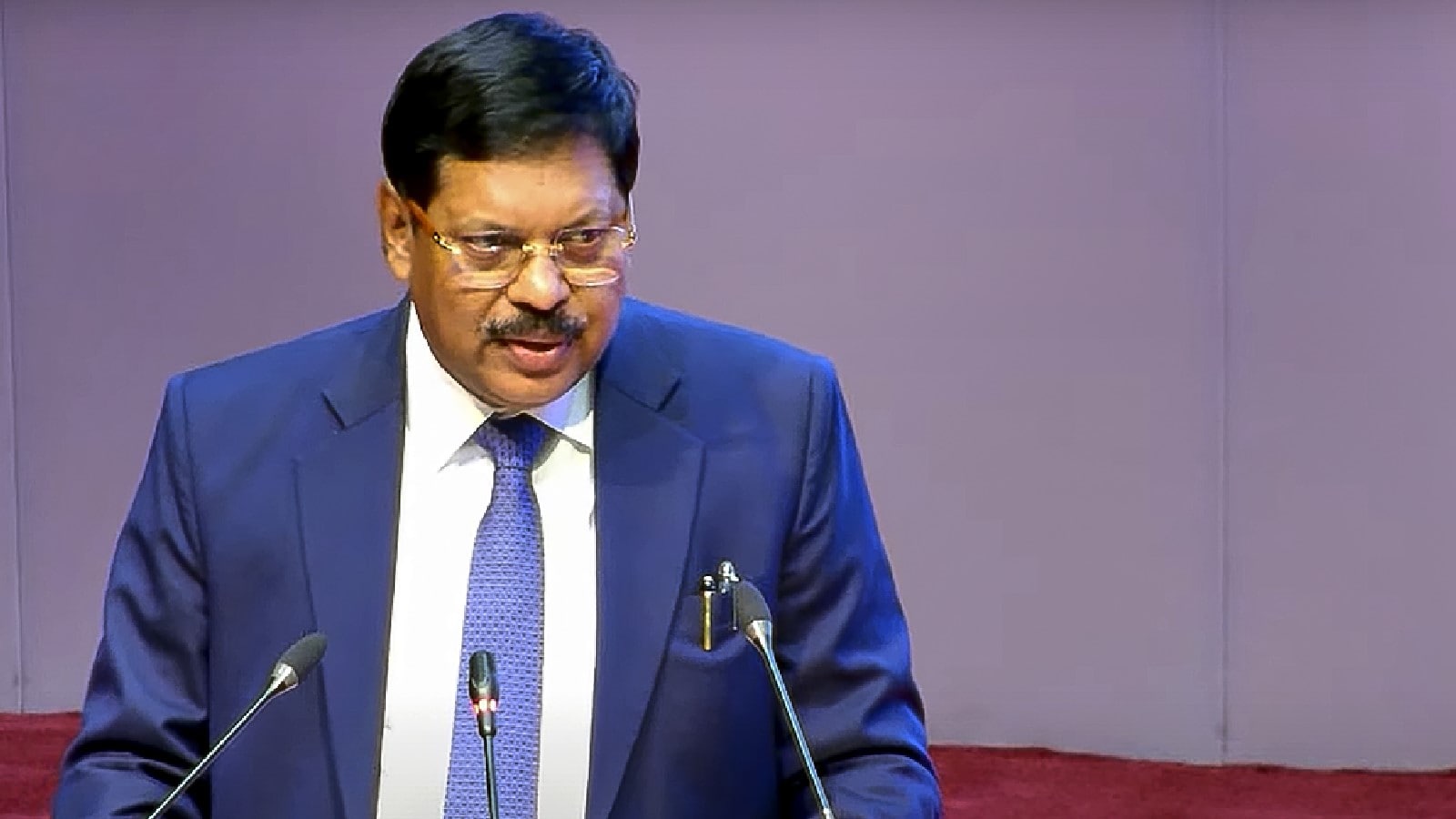From Humble Beginnings to Blazing Speeds: A Look at the Incredible Evolution of CPU Power in India

The Engine of Modern Technology: Understanding the CPU's Journey
Central Processing Units (CPUs) are the unsung heroes powering our digital lives. They're the brains behind everything from the smartphones we rely on to the powerful supercomputers driving scientific breakthroughs. But have you ever stopped to consider just how far CPU technology has come? In India, where technology adoption is rapidly accelerating, understanding this evolution is more crucial than ever.
The Early Days: A World of Slow Calculations
Back in the 1970s, CPUs were bulky, power-hungry, and incredibly slow by today's standards. Early microprocessors like the Intel 4004, which debuted in 1971, had processing speeds measured in kilohertz (kHz). Performing even simple calculations took noticeable time. These CPUs were primarily used in calculators and simple embedded systems.
The Rise of MHz and the Personal Computer Revolution
The 1980s and 90s witnessed a dramatic leap in processing power. Clock speeds, measured in megahertz (MHz), began to increase significantly. This era saw the rise of the personal computer (PC) and the proliferation of software applications. Intel's 8086 and 80286 processors, followed by the 80386, were instrumental in this revolution, bringing computing power to homes and offices across India and the globe.
The GHz Era and Multicore Processing
The turn of the millennium brought the gigahertz (GHz) era. Processors became exponentially faster, enabling increasingly complex tasks like video editing, gaming, and running sophisticated business applications. However, simply increasing clock speed wasn't sustainable due to power consumption and heat generation. This led to the development of multicore processors – chips containing multiple processing units on a single die. This allowed computers to handle multiple tasks simultaneously, significantly improving performance and responsiveness. Indian consumers benefited from this, experiencing smoother multitasking and faster application loading times.
Modern CPUs: Efficiency, Integration, and AI
Today's CPUs are marvels of engineering. They're not just faster; they're also far more energy-efficient. Manufacturers like Intel, AMD, and ARM are constantly innovating, focusing on areas like:
- Smaller Transistor Sizes: Shrinking transistor sizes allows for more transistors to be packed onto a chip, increasing processing power and reducing energy consumption.
- Integrated Graphics: Many modern CPUs include integrated graphics processing units (GPUs), eliminating the need for a separate graphics card for basic tasks and improving overall system efficiency.
- AI Acceleration: CPUs are increasingly incorporating specialized hardware to accelerate artificial intelligence (AI) workloads, enabling features like image recognition, natural language processing, and machine learning directly on the device.
- Arm-based CPUs: Popular in smartphones and tablets, Arm-based CPUs are known for their power efficiency and are increasingly finding their way into laptops and desktops, particularly in India's burgeoning market for affordable computing devices.
The Future of CPU Power in India
The evolution of CPU power is far from over. We can expect to see further advancements in areas like chiplet designs (combining multiple chiplets into a single package), 3D chip stacking, and new materials. As India continues to embrace digital technologies, the demand for powerful and efficient CPUs will only grow, driving innovation and shaping the future of computing across the nation. From powering the latest smartphones to supporting advanced data centers, the CPU remains the cornerstone of our digital world.






